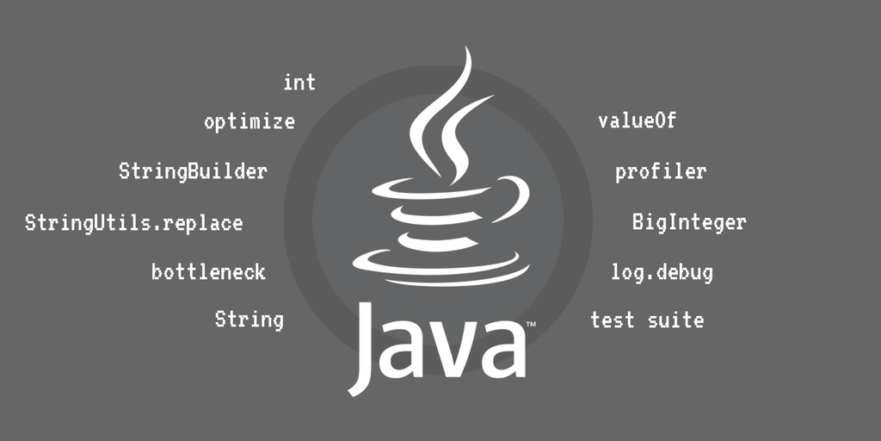
Optimizing Java code is important for improving the performance, efficiency, and maintainability of your applications. Here are some tips and tricks to help you optimize your Java code:
Use Efficient Data Structures and Algorithms:
-
- Choose the appropriate data structures and algorithms for your specific problem. Consider factors like time complexity and memory usage.
- Utilize built-in Java collections and libraries that offer efficient implementations of common data structures and algorithms.
Minimize Object Creation:
-
- Object creation can be expensive in terms of memory and performance. Reuse objects whenever possible.
- Avoid creating temporary objects within loops or frequently-called methods.
Use StringBuilder for String Manipulation:
-
- When building strings, use
StringBuilderinstead of string concatenation with the+operator. It reduces memory overhead.
- When building strings, use
Optimize Loops:
-
- Minimize the work done inside loops, moving constant calculations outside the loop when possible.
- Consider using enhanced for loops (for-each) for iterating through collections to reduce boilerplate code.
Avoid Nested Loops:
-
- Nested loops can quickly lead to performance issues. Try to refactor or optimize code to reduce nesting.
Cache Frequently Used Values:
-
- Store frequently used values in variables to avoid recomputation. This can improve both readability and performance.
Lazy Initialization:
-
- Initialize resources or objects only when they are actually needed rather than upfront, improving startup times.
Use Final and Immutable:
-
- Declare variables as
finalwhen their value won’t change after initialization. This helps the compiler optimize. - Use immutable objects when possible, reducing the need for defensive copying.
- Declare variables as
Profile Your Code:
-
- Use profiling tools to identify performance bottlenecks in your code.
- Focus optimization efforts on the parts of the code that have the most impact on overall performance.
Minimize Synchronization:
-
- Use synchronization (locks) only when necessary, as it can introduce contention and degrade performance.
- Consider using non-blocking concurrency mechanisms like the
java.util.concurrentpackage.
Use Primitive Types:
-
- For numeric values, prefer using primitive data types (e.g.,
int,double) over wrapper classes (e.g.,Integer,Double) to save memory and improve performance.
- For numeric values, prefer using primitive data types (e.g.,
Optimize Memory Usage:
-
- Be mindful of memory usage. Avoid unnecessary data duplication and allocate memory only when needed.
- Dispose of resources properly to prevent memory leaks.
Use Try-With-Resources:
-
- When working with resources like streams or databases, use try-with-resources blocks to ensure proper resource management and avoid leaks.
Use Parallel Streams:
-
- For CPU-intensive operations on collections, consider using parallel streams to take advantage of multi-core processors.
Regularly Update Dependencies:
-
- Keep your libraries and dependencies up to date to benefit from bug fixes and performance improvements.
Optimize I/O Operations:
-
- Minimize the number of I/O operations and use buffering to improve efficiency when reading/writing files or streams.
Remember, optimization should be based on actual performance profiling and testing. Premature optimization can lead to complex and harder-to-maintain code without significant gains. Focus on writing clean, maintainable code first, and then optimize where performance bottlenecks are identified.
